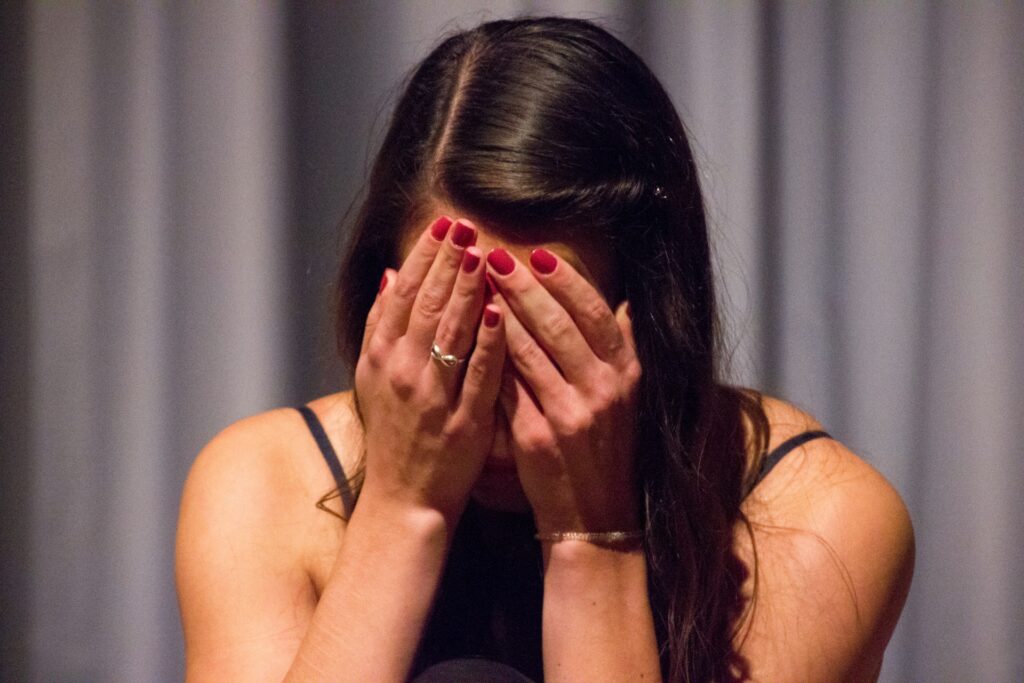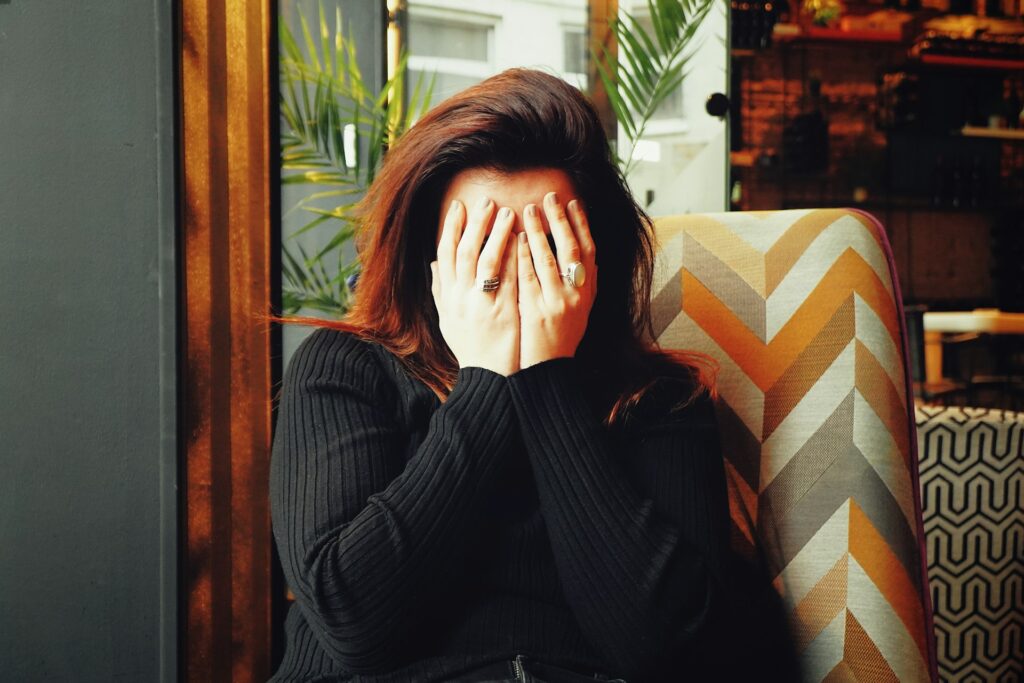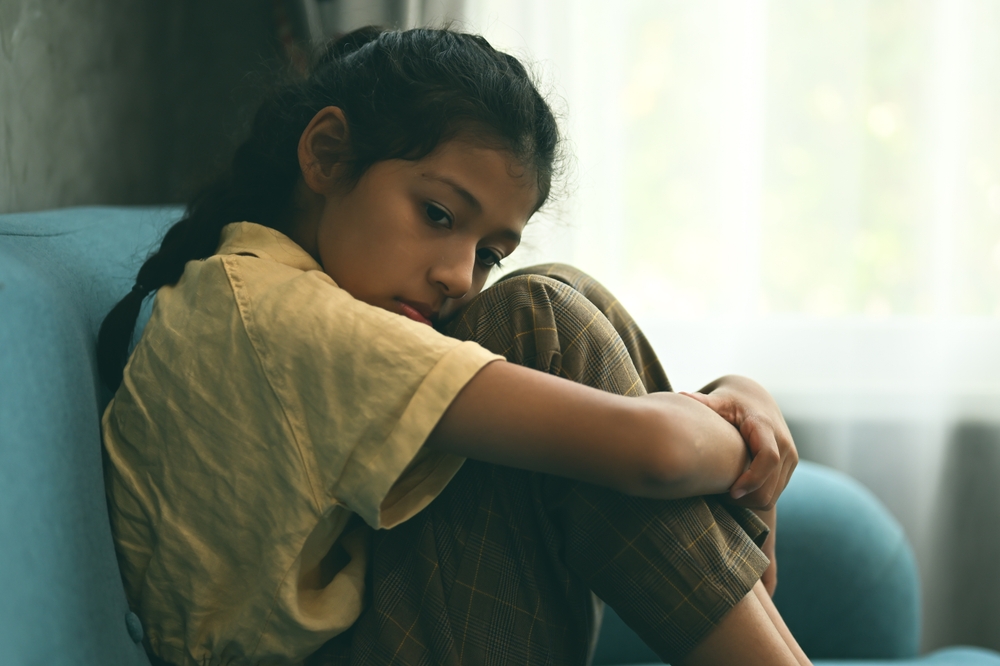Growing up without safety can shape a person in ways that last into adulthood. Safety in childhood is not just about protection from harm, it also involves emotional stability, trust, and a sense of security within relationships. When that foundation is missing, adults may develop habits that seem ordinary on the surface but are rooted in early survival strategies. Below are twelve subtle behaviors that often reveal someone grew up without feeling safe.
They Struggle to Relax in Social Settings

Adults who did not feel safe as children often remain on edge around others. They may scan a room for exits, watch people’s moods closely, or keep conversations light to avoid tension. This vigilance comes from years of expecting conflict or danger. Even in calm environments, their body stays alert as if waiting for something to go wrong.
They Overthink Every Decision
When safety was never guaranteed, choices may have carried hidden risks. As adults, this turns into constant overthinking. Even simple decisions, like picking a restaurant, can feel overwhelming. They replay possible outcomes in their head because making the wrong choice once carried consequences in childhood. This habit can create stress in daily life and delay progress toward goals.
They Keep Personal Boundaries Very Strong
People who grew up without safety often protect themselves with firm walls. They may avoid sharing personal details, even with friends, until years of trust are built. To others this might seem distant or private, but for them it is a way of staying in control. Childhood experiences taught them that openness could lead to pain, so they rely on boundaries to feel secure.
They Apologize Too Much
Constantly saying sorry is a common trait in adults who lived with instability. As children, they may have used apologies to calm others, prevent arguments, or protect themselves. In adulthood, this habit lingers even when no one is upset. They may apologize for things beyond their control because it feels safer to appear submissive rather than risk confrontation.
They Have Trouble Sleeping
Sleep requires the body to let its guard down, but for adults who never felt safe, this can be difficult. Many develop insomnia, frequent nightmares, or wake up feeling unrested. The nervous system never fully relaxes, keeping them in a state of light alertness. Over time, this can affect both mental and physical health.
They Avoid Confrontation at All Costs
Adults who grew up in unsafe environments often equate conflict with danger. Instead of addressing issues directly, they may remain silent, change the subject, or withdraw. This avoidance can protect them temporarily but often leads to unspoken resentment. Their past experiences taught them that confrontation could lead to punishment or rejection.
They Over-Control Their Environment
Small details like organizing objects, cleaning obsessively, or planning schedules down to the minute often help them feel in control. As children, they lacked power over unsafe situations, so as adults they compensate by controlling what they can. While this behavior can make them seem highly responsible, it is often rooted in anxiety about uncertainty.
They Struggle to Trust Others
Trust requires a belief that others will not harm you, but many adults never learned this as children. Instead, they may doubt motives, second-guess compliments, or assume betrayal is inevitable. This does not mean they cannot form relationships, but it often takes longer for them to feel secure. Trust, once broken in childhood, takes years to rebuild.
They Dismiss Their Own Needs

Adults who grew up in unsafe homes often learned that their needs were not important. They may minimize their feelings, avoid asking for help, or prioritize others at their own expense. Over time, this self-neglect can lead to burnout. It becomes second nature to push their own comfort aside because childhood taught them that survival required silence.
They Experience Sudden Bursts of Anxiety
Even in calm situations, they may feel their heart race, palms sweat, or body tense. These physical reactions are linked to early experiences when danger could appear without warning. Their nervous system is trained to detect threats, so anxiety comes quickly. This can confuse them and others, especially when nothing obvious has triggered the reaction.
They Use Humor as a Shield
Joking about serious topics, laughing at their own pain, or making light of tense situations often helps them deflect attention. Humor becomes a protective mask, hiding fear or discomfort. While others may see them as funny, inside it is often a strategy to manage vulnerability. It allows them to stay connected while keeping real emotions hidden.
They Always Plan for the Worst
Preparedness becomes second nature for those who never felt safe as kids. They may carry extra supplies, keep backup plans, or expect failure before success. This habit developed because their world once felt unpredictable. While it can make them appear cautious and responsible, it also means they rarely feel fully at ease in the present moment.
Read More: 40 Subtle Habits Adults Develop When They Never Felt Truly Loved as Kids
Disclaimer: This article was created with AI assistance and edited by a human for accuracy and clarity.

